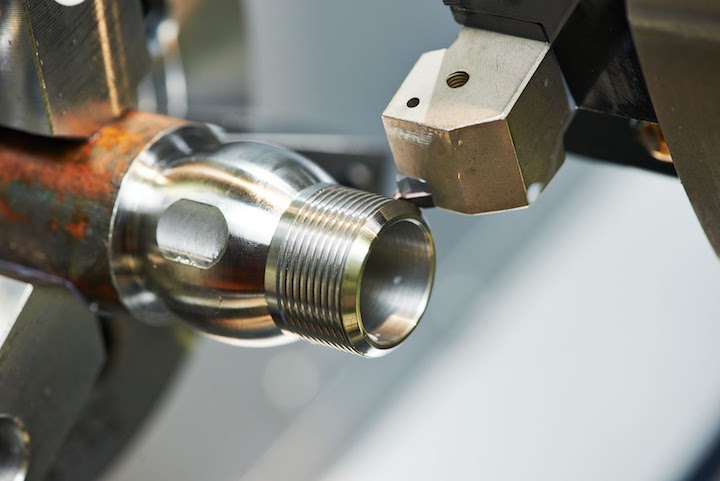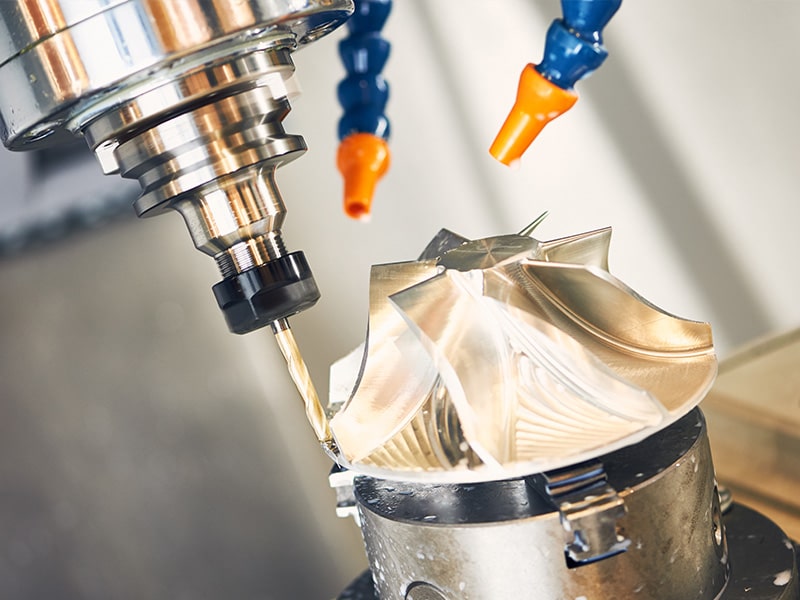CNC Machining: Precision and Innovation in Trendy Manufacturing
CNC Machining: Precision and Innovation in Trendy Manufacturing
Blog Article
CNC machining is one of the most transformational technologies available in contemporary manufacturing. It has changed the fundamental way industry produces components and parts that offer a degree of high-quality, speed as well as versatility far superior to the traditional processes. CNC machining makes use of computerized controls and machines to carry out various tasks such as cutting, drilling, milling and grinding on materials ranging from plastics and metals to composites and wood. Through automation of the process, CNC machining eliminates many of the errors and inconsistencies associated with manual operations. As a result, you get a system which can create highly precise components at faster speeds and more consistently, encouraging innovation across industries including aerospace, consumer electronics and even aviation.
In the core of CNC machining is the ability to transform digital drawings into physical parts. Using computer-aided design (CAD) software, engineers and designers create detailed 3D models of the wanted part. Digital designs are converted into precise commands, which is known as "G-code," which the CNC machine follows to perform operations like cutting, drilling, or milling. This digital control allows for the most precise of operations that manual milling cannot attain. Also, once a design is programmed into the machine, it is able to be reproduced precisely, creating similar parts in large numbers with no manual adjustments. It is crucial to have this repeatability in all industries where precision as well as consistency are essential.
The effectiveness of CNC milling is an additional factor in its widespread adoption. The traditional machining techniques require skilled operators to manually control the machine, alter settings, and then change the tools to perform each task. This process is not only labor-intensive, but it is also susceptible to human errors. CNC machining, on the contrary, can automate these jobs, enabling machines to operate continuously and with very little oversight. Once the program is set and the machine has been loaded with the required material and equipment, it is able to perform several operations without interruption, drastically cutting down on production time. CNC machines also have the capability to operate 24/7, which makes them ideal for high-volume production runs. This kind of performance allows companies to meet deadlines, boost their production, and reduce labor costs, all while maintaining high-quality standards.
It also provides excellent repeatability, ensuring that each part produced is identical to the original design. This is essential when industries require the large-scale production of standard components like automotive or consumer electronics. Since CNC machines adhere to programmed procedures, they can make hundreds or even thousands parts with very few variations in terms of quality. The consistency of the product not only enhances the reliability of the final products but also reduces waste, as fewer parts reject due to flaws. In addition, as the designs created by CNC machining can be easily changed or upgraded, the manufacturers are able to quickly adjust to the changing requirements of their product or the demands of their customers, without having to invest in costly refalibration or retooling. To generate more details please navigate to this web-site
One of the issues with CNC machine machining is the cost for initial setup. The cost of investing in CNC machines and the software needed to run the machine can be costly especially for smaller companies. But the benefits over time of CNC machine machining, such as lower labour costs, improved effectiveness, and improved production quality often outweigh any initial investment. Additionally, many companies provide CNC machine-making services to companies which may not have the resources to invest in their equipment, allowing smaller manufacturers to make use of this technologies without having to pay upfront. Since the need for CNC manufacturing continues to grow and the price of machines and the software will reduce, making it affordable to all kinds of enterprises.
The negative environmental impacts of CNC machine is a different aspect worth taking into consideration. Though traditional manufacturing techniques typically produce a large amount of waste material CNC machines are known for their high efficiency. With precise cutting and shaping raw materials, CNC machining minimizes waste, reducing both material costs and environmental impact. Furthermore, the automated nature of CNC machines decreases the amount of energy consumed in comparison to manual machining. Many modern CNC machines are designed to be sustainable, using energy-efficient motors and systems for further reducing the carbon footprint of their machines. This makes CNC manufacturing an environmentally-friendly alternative for businesses looking to minimize waste and save resources.